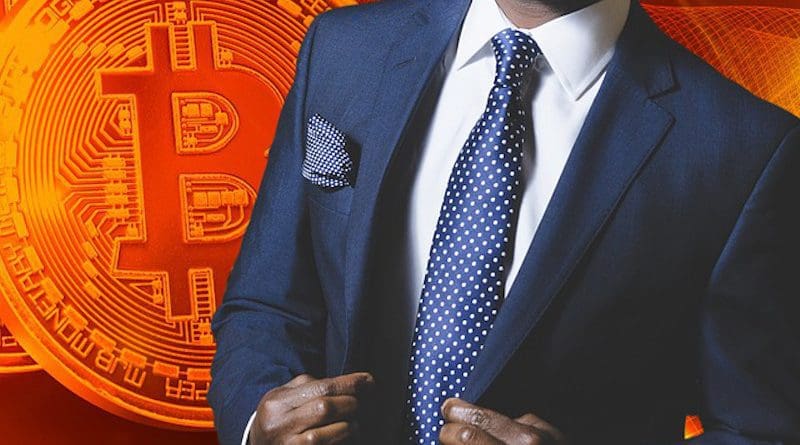50 Years Since The Closure Of The ‘Gold Window’ (Part IV) – OpEd
The Nixon Shock: The way forward
President Nixon’s unilateral decision to sever the last link between the dollar and gold had wide ranging and long lasting consequences for the global economy and for the entire monetary system. The end of sound money facilitated and accelerated the concentration of power at the top and the ability to manipulate the currency allowed politicians and central planners to further expand the state’s reach and push ahead with populist, reckless and wasteful policies.
For decades, this trend seemed to be irreversible. The political advantages of fiat money have been consistently and increasingly abused, while at the same time, the government’s interference in people’s everyday lives, financial freedoms and business activities grew stronger and stronger. Today, however, 50 years later, there are many good reasons to hope for a much brighter and freer future, and all of them have sprung from the crypto revolution, from the rise of the blockchain and from the wider public acceptance and awareness of the potential of decentralized systems.
The money of tomorrow
Ever since Bitcoin entered the mainstream consciousness a few years ago with the first crypto boom, a growing number of ordinary people became curious about the underlying technology and recognized the many advantages it has to offer. From privacy and transparency, to “cutting out the middleman” in their transactions, this new form of money had a lot of interesting and practical benefits that were obvious even to normal citizens and ordinary savers without any special technical knowledge or understanding of the intricacies of the underlying technology.
While the ease of use, the convenience and the accessibility of crypto were enough to convince countless people to jump on board and start investing and using various digital currencies, the most important and truly revolutionary advantage was the independence and the insulation they offered from any central authority. This extremely important in the context of sound money and on the question of whether it is possible for us to ever return to it, after the end of the gold standard.
Even if it was politically and practically realistic for any government to go back to the traditional gold standard, this system, although much preferable to the current one, would still be vulnerable and fully exposed to the whims of the next batch of politicians who come to power and to their own agendas and strategic aims. The currency would still be under the control of a central bank and there would always be a risk of the gold link being suddenly severed again or manipulated and weaponized once it didn’t make political sense anymore.
This seismic shift that was triggered by the crypto boom made it possible to conceive of a new and much better system than anything that existed before. Not only can we develop and freely use fully-gold backed currencies, but this time, these currencies can exist in what is essentially an interference-free vacuum. They can’t be tampered with, they can’t be restricted or otherwise manipulated, they can’t be centrally controlled and they certainly can’t be unilaterally devalued.
Free choice, free society
Central planners and their supporters like to argue that national currencies are different from any other product or commodity in the market. They have a special, foundational place in the entire economic structure and they’re too important to allow market participants themselves to determine their real value by allowing other alternatives to directly compete with them. Naturally, that argument is patently politically motivated and the only good reason to support this monopoly is that it secures and ensures government power and policy transmission. National currencies, especially fiat ones, have nothing special to offer to the end user who is forced to transact in them exclusively. They solve no problems that a private, decentralized alternative cannot. If anything, they actually create new ones.
The freedom to choose what kind of currency one uses for what kind of economic activity or financial goal is of paramount importance to the establishment of a truly sustainable, vibrant and healthy society. Different needs can be served by different transaction or investment vehicles and one size most definitely doesn’t fit all. For instance, one may choose to save and to preserve the value of his assets over the long term by holding a gold-backed cryptocurrency. Others may turn to Bitcoin or a similar alternative for quick and cheap transfers, and others still may use a niche token for transactions within a specific platform or ecosystem.
Whatever one’s individual needs and choices might be, and they will definitely be very different from their neighbor’s, the mere existence of these choices is the most essential element in constructing a better system.

